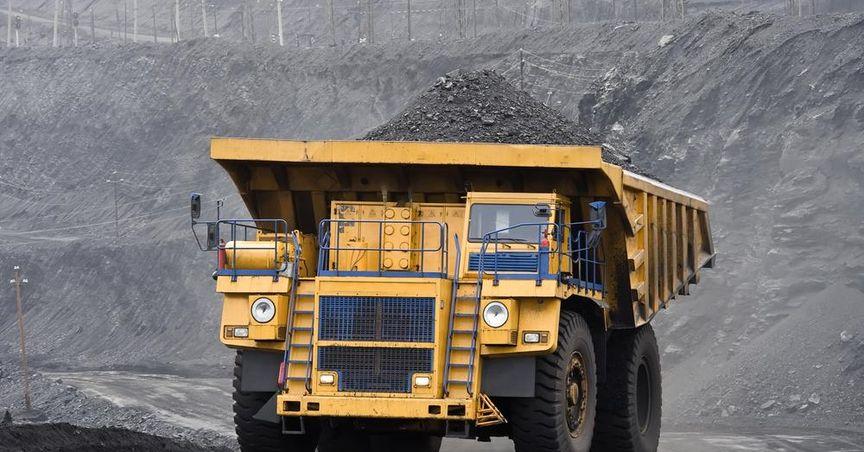Highlights
- Upcoming Australian election could impact mining sector policy.
- Industry seeks more support amidst possible minority government.
- Australian Labor Party and Coalition outline key initiatives for mining.
As Australia gears up for an election on May 3, the mining sector holds its breath over the formation of the next government. With a minority government likely, the Association of Mining and Exploration Companies (AMEC) is keen on seeing stronger support from both major parties and independent candidates.
The campaign kicked off following the dissolution of the 47th parliament by Anthony Albanese, signaling the start of a critical five-week period. Both the Australian Labor Party and the Coalition have made some commitments towards mining, but industry leaders like AMEC’s CEO, Warren Pearce, argue that much more is needed to address the sector's concerns, particularly about potential challenging legislative environments.
In terms of economic significance, mining is not just another industry. It accounts for more than 12% of Australia's GDP and is the leading export sector, making up nearly 60% of the total exports. Key commodities like iron ore and coal continue to drive the country’s economic engine.
Recent statistics from the Australian Bureau of Statistics show that mining exploration spending dipped by 7.3% in 2024, emphasizing the need for robust government policies to foster sector growth. Pearce highlights the necessity for policy frameworks that encourage investments, especially in greenfield exploration areas, where future mining breakthroughs are expected.
On the policy front, the Australian Labor Party has proposed the Critical Minerals Production Tax Incentive aimed at boosting refining and processing of critical minerals, reflecting a forward-thinking approach to mineral handling. Additionally, the Resourcing Australia’s Prosperity initiative promises significant investment in the discovery of vital resources.
Conversely, the Coalition has emphasized regulatory reform to alleviate procedural redundancies and speed up operations, though specifics remain sparse. These measures are crucial as they could potentially streamline operations and reduce costs, making it easier for mining companies to operate efficiently.
One of the sector's long-standing issues has been the management of the Goods and Services Tax (GST), especially how it's allocated across states with varying levels of resource development. The current system, according to Pearce, penalizes states that succeed in developing their resources while rewarding those that do not.
As the election approaches, the mining industry is closely watching the policy directions of both sides. With so much at stake, the sector hopes for policies that will not only support existing projects but also foster the growth of new ventures, ensuring the mining backbone of the Australian economy remains strong and resilient.





